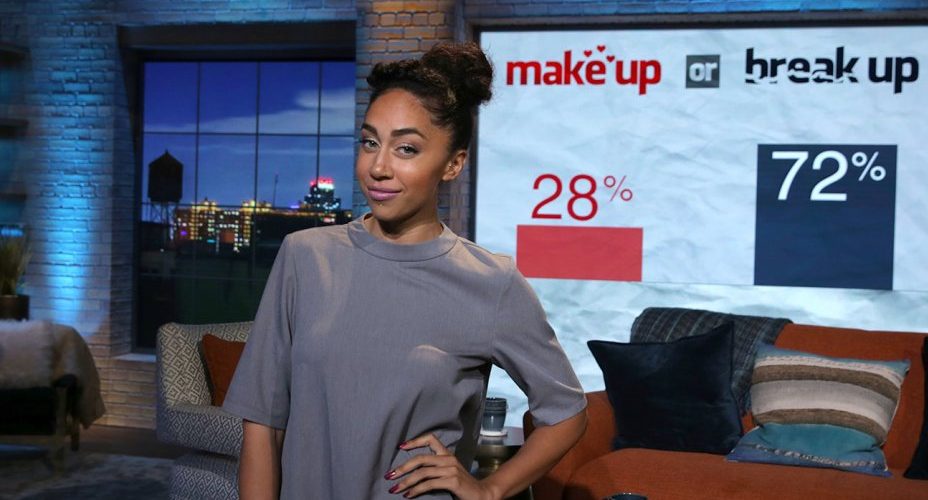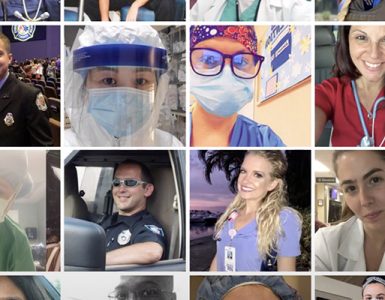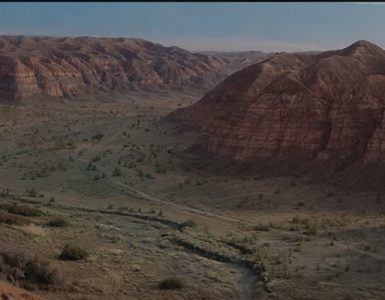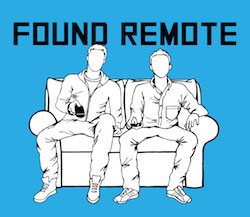The race for TV eyeballs and ad revenue is well and truly underway – Netflix is running a huge $20 billion credit line to fund their expansive content plans, and Amazon has picked up the rights to stream Thursday Night Football. The two companies are spending more than $10 billion annually on content, and there are plenty of other entrants in a crowded market. On the other side of the coin, it seems there’s a daily announcement of a new SVOD service from one of the established TV giants with Disney’s recent acquisition of BAMTech clearing the way for its move into direct to consumer around their premium animation, movie and sports content.
The latest guest at the OTT party is Facebook, which last week wide-released its Watch service after initial beta trials, and, according to the Wall Street Journal, is gearing up to spend $1 billion on original video in the next year. Watch will house all of Facebook’s premium video content in one easy-to-reach tab and, in combination with the launch a few months back of Facebook’s TV app on providers like Apple TV, Chromecast and Roku, is part of Facebook’s big push to grab its share of the $420 billion spent worldwide on TV advertising.
Video is the most attractive advertising medium – it always has been – and combined with Facebook’s reach, data, targeting abilities, and mysterious algorithm, they have a powerful engine to go after a significant part of this market. Insiders report that Zuckerberg remains focused on a video-centric strategy when it comes to the future of content. With the rollout over the past year of “Live”, and other video-related products expected, it’s clear Facebook sees its future as a video-based network within the next few years. It’s also a clear signal that it intends to challenge head-on Netflix, Amazon, YouTube and Hulu as well as the traditional TV networks. It’s early yet but Facebook has the potential to turn this industry upside-down as it has across other verticals.
There are still a lot of question marks about how Facebook’s video strategy will evolve over time – the business model, the type of content, where that content will be consumed – but I think one of the killer questions is how Facebook video is truly different from the current TV viewing experience. If I had a straight choice as a viewer between watching on a traditional channel, another OTT service, or Facebook, why would I choose Facebook?
The aspect I really love about Facebook Live that I believe provides one clue to this is the organic way that audiences participate in that content in real-time, and the ability to reflect and incorporate the user’s content and perspective into the video experience. Their opinions and views play into the experience and it really feels like a two-way conversation with fans and viewers, rather than a one-way broadcast to them.
Enabling this dialogue is something we at Telescope have strived for and it’s only now that the technology is really able to facilitate this in a natural way. This in itself is really powerful because the more participation from viewers around a specific piece of content, the more likely it is that content is surfaced and discovered by a wider audience through Facebook’s algorithm.
Currently, just under half of Facebook Live video viewing comes from people discovering it in their news feeds; they didn’t know about it in advance, they went there because a friend commented, voted, liked, or shared it, or because it was surfaced to them based on the tagging of that content.
I think this heralds in a new dawn in the future of interactive TV, and there are so many possibilities: truly interactive game shows, murder mystery games where you have to solve the puzzle and can enlist your friend network to help you, or news programs really able to hold a political debate and take questions right there from the audience.
So instead of 100 studio contestants playing for the win on the latest (taped) gameshow, why not have one million people playing live together from home in real-time with a video caller answering one question live on air each round for a spot prize? The Wheel of Fortune is spinning and my bet is that it will land on Facebook.





















